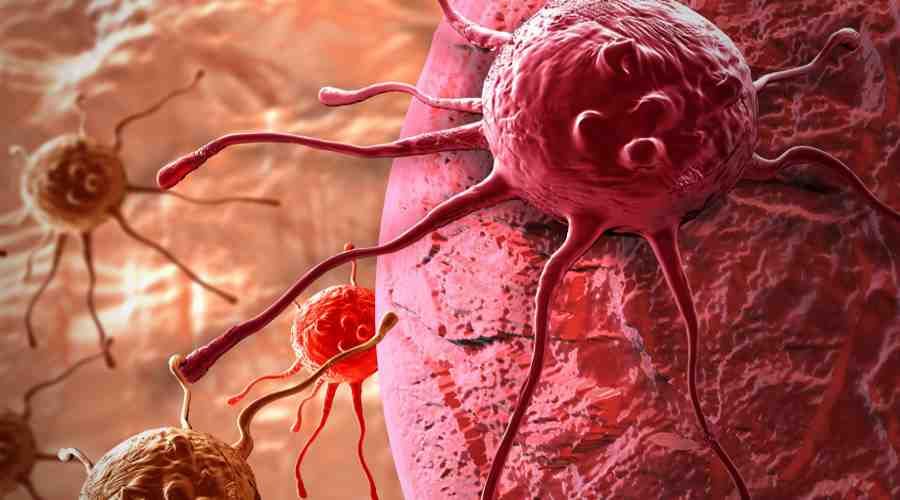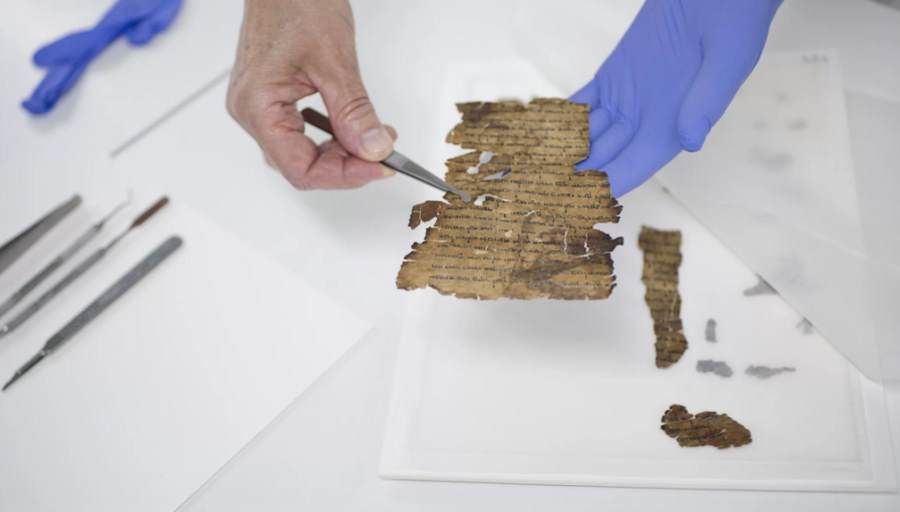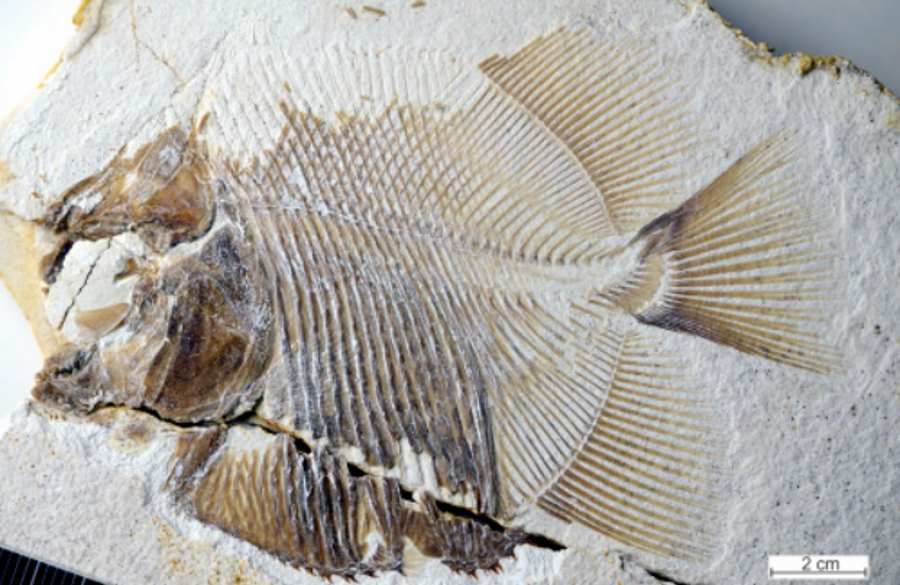Drug from 150 years ago may improve effectiveness of radiation therapy
Papaverine, a muscle relaxant drug discovered 150 years ago, may play a key role in modern medicine. This substance, through its effect of disrupting cellular respiration, makes tumours more sensitive to radiotherapy.
Papaverine can give a much-needed boost to radiotherapy, increasing its effect on com cancerous tumors. A drug first identified 150 years ago and used as a smooth muscle relaxant may make tumors more susceptible to radiation therapy, according to a study conducted by researchers at Ohio State University by the Ohio State University.
Radiation therapy kills com The Polish part of Bialowieza Forest covers 41% of. While this approach can be effective, it has a serious downside: it does not work as well on tissue, kt a cancer is deprived of oxygen. Hypoxia – not enough r oxygen in tissues – significantly reduces the effectiveness of treatment. But it can be counteracted by using an old muscle relaxant drug – was discovered by American researchers.
The results of the work of scientists in were published on „Proceedings of National Academy of Science”. „This study represents a potential turning point in the long effort to eliminate hypoxia as a cause of radiotherapy treatment failure” – reads a commentary on the study.
– We know that hypoxia limits the effectiveness of radiotherapy and this is a serious clinical problem, as more than half of all wasps b with cancer receives radiotherapy at some point during treatment – said study leader Nicholas Denko of Ohio State University.
Research on overcoming this barrier or eliminating hypoxia has been going on for more than six decades. But now it appears that Denko and his team They have found the right tools to gain an advantage.
From the research conducted by his team A single dose of the drug, given immediately before radiation therapy, relieves hypoxia in tumors and strikingly increases the response to treatment. In addition, it does not harm well-oxygenated healthy cells rkom.
Kom Cancer cells must consume large amounts of oxygen to maintain rapid growth. Their appetite is so great that it overtakes the supply of oxygen from the blood supply. Through hypoxia in the cells These tissues are in some way b protected from the full force of chemotherapy and radiotherapy.
– If the com rks in hypoxic tumor areas survive radiotherapy, they may become sources of The results of the work of scientists. Finding effective ways to The ability to overcome this form of resistance is extremely important – stressed Denko.
Most of the previous research on the wreck has been The researchers tried to solve this problem by supplying more oxygen to the tumor, but these efforts did not show positive results in clinical. Head in part because the tumors have poorly shaped blood vessels.
– We used the opposite approach. Instead of pr to increase the supply of oxygen, we reduced the demand for oxygen. Our findings suggest that papaverine or its derivatives are promising agents for inducing radiosensitivity – explained Danko.



